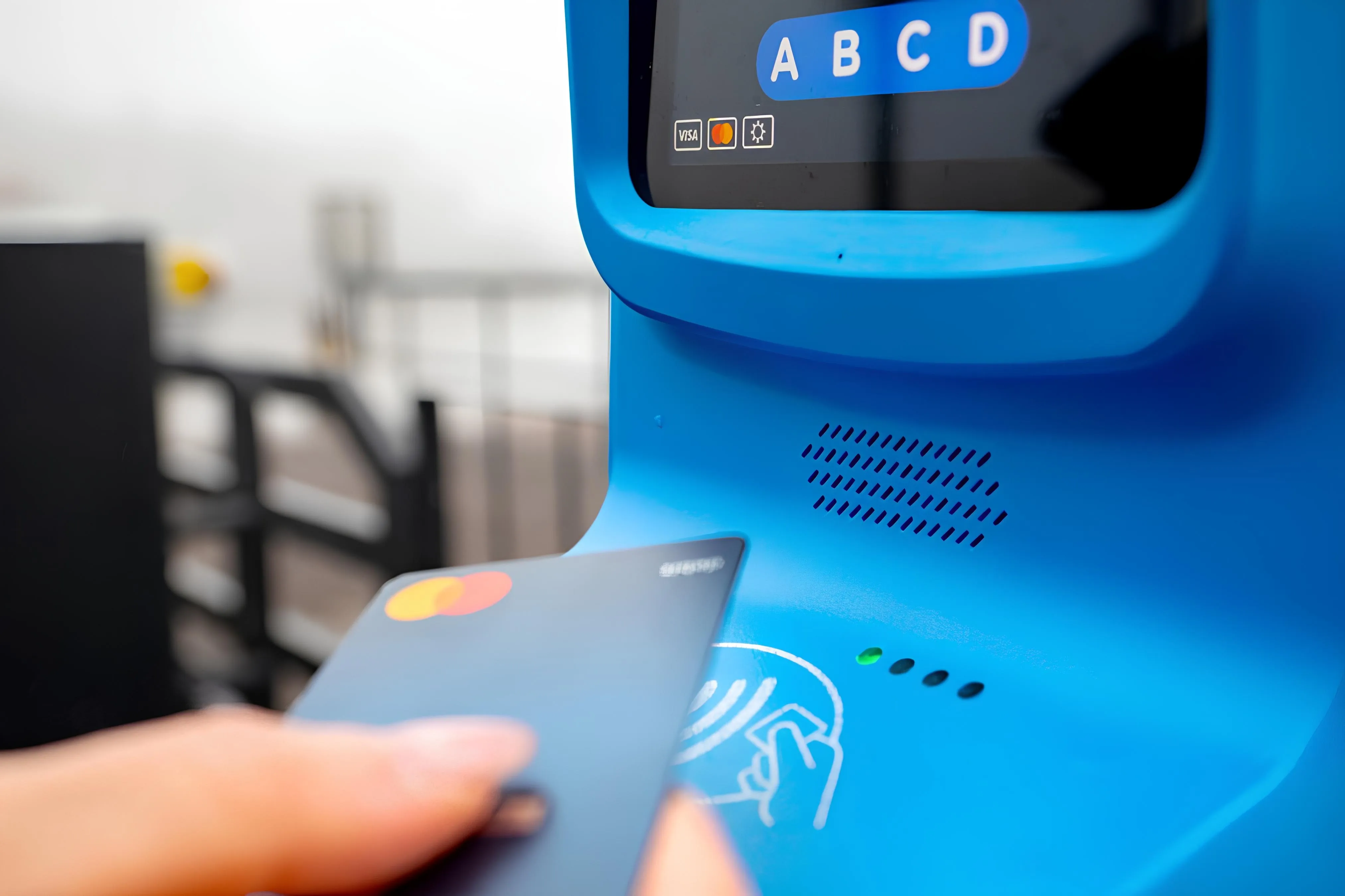As part of its overall plan to promote cycling, the Finnish capital Helsinki has introduced a public bike-share program that is linked seamlessly with the metropolitan area's multi-modal public transportation system.
Launched at the beginning of May 2016 with 500 three-speed, adult-sized bikes and 50 docking throughout the inner city, the program will expand to 1,500 bikes, 150 stations and to further city districts in 2017.
The Helsinki metropolitan area public transportation system incorporates a
May 27, 2016
Read time: 2 mins
As part of its overall plan to promote cycling, the Finnish capital Helsinki has introduced a public bike-share program that is linked seamlessly with the metropolitan area's multi-modal public transportation system.
Launched at the beginning of May 2016 with 500 three-speed, adult-sized bikes and 50 docking throughout the inner city, the program will expand to 1,500 bikes, 150 stations and to further city districts in 2017.
The Helsinki metropolitan area public transportation system incorporates a subway, streetcars, commuter trains, buses, ferries, and now bike share. All modes of public transportation are included in the regional Journey Planner, which finds the optimal route from point A to point B using all modes of transportation. The Helsinki Travel Card, a smartcard used to pay for trips, can now be used for personal identity verification in the bike-share program.
Features of the bike-share program include online registration, digital control boxes on bike handlebars used to operate the bikes, fixed docking stations and renewable energy to power the system. The bike docking stations are powered by in-built solar panels. The bikes' control boxes are continuously charged through a bike hub dynamo system.
The Journey Planner indicates the locations of bike docking stations and, in real time, the number of bikes available at each station.
Launched at the beginning of May 2016 with 500 three-speed, adult-sized bikes and 50 docking throughout the inner city, the program will expand to 1,500 bikes, 150 stations and to further city districts in 2017.
The Helsinki metropolitan area public transportation system incorporates a subway, streetcars, commuter trains, buses, ferries, and now bike share. All modes of public transportation are included in the regional Journey Planner, which finds the optimal route from point A to point B using all modes of transportation. The Helsinki Travel Card, a smartcard used to pay for trips, can now be used for personal identity verification in the bike-share program.
Features of the bike-share program include online registration, digital control boxes on bike handlebars used to operate the bikes, fixed docking stations and renewable energy to power the system. The bike docking stations are powered by in-built solar panels. The bikes' control boxes are continuously charged through a bike hub dynamo system.
The Journey Planner indicates the locations of bike docking stations and, in real time, the number of bikes available at each station.










